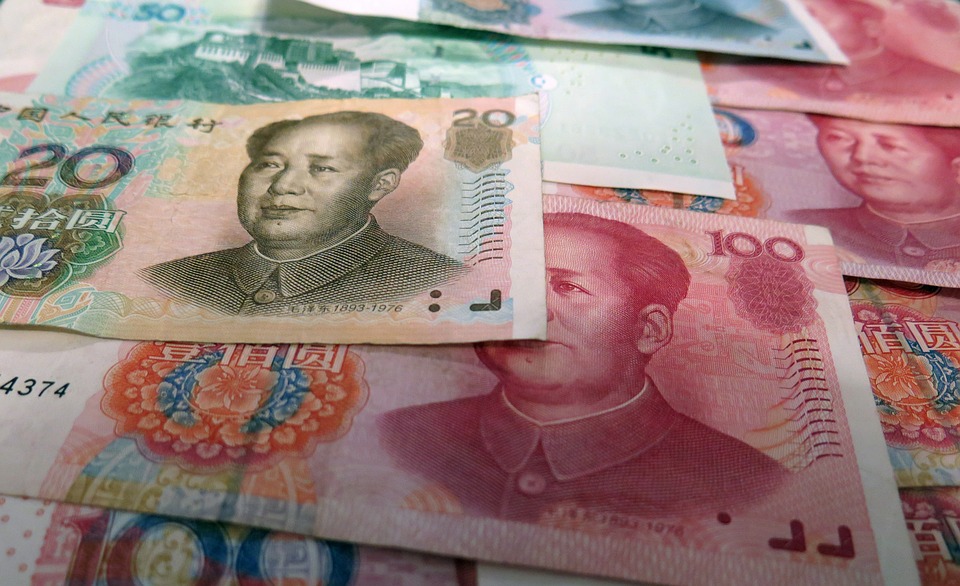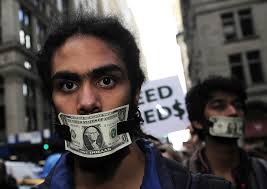Experiencing a period of slowing domestic demand, economic growth and increased levels of volatility in stock markets, the People’s Bank of China has taken action to stabilize the value of the yuan amid growing speculation among investors as to the direction of the currency and projected growth rates of the economy. The last quarter of 2015 saw GDP growth rates of 6.8%, bringing down the annualized growth rate to 6.9% for 2015 with similar rates expected for this year. This in contrast to previous estimates by the Chinese government of 7% and 7.4% growth in 2014 and marks the lowest growth rates since 1990. The slowdown has pushed flighty investors to liquidate their Chinese assets in search of greater returns, adding further downward pressure on the value of the yuan.
Slowing demand and concerns of oversupply in the Chinese housing market and stagnant global demand taking a toll on export levels have created pessimism among investors. Uncertainty over projected growth during the past year has also shaken up financial markets with the Shanghai stock exchange recently facing year lows, and inconsistent central bank policies have done little to address investor concerns. In hopes of encouraging a rebound in domestic demand and growth rates, the central bank reduced the minimum amount of reserve holdings for banks and also decreased interest rates six times since late 2014. Nonetheless, the People’s Bank of China’s decision to allow the yuan to temporarily weaken before intervening to stabilize exchange rates has caused some concern despite intentions to do the opposite. During the first half of 2015, the Chinese economy saw USD $250 billion of capital outflow with an acceleration of outflow to around USD $ 200 billion in August alone. With the yuan also having a crawling peg to the US dollar and the dollar’s recent appreciation, this has pressured the central bank to raise the value of the yuan by tapping into it’s massive foreign exchange reserves.
China’s foreign currency reserve of USD $ 3.3 trillion has been reduced by USD $ 420 billion of which USD $ 99.5 billion was spent in January of this year alone, in order to buy back large amounts of yuan, thereby decreasing the amount in circulation and supporting a higher exchange rate. Other measures taken by the central bank have been to oblige offshore banks to maintain reserves of yuan, maintaining high levels of regulation over the outflow of yuan by ordinary citizens and also being more vocal and transparent over the state of its affairs.
The governor of the People’s Bank of China, Xiaochuan Zhou, recently called out speculative investors, among them the prominent billionaire hedge fund manager George Soros, over the downward pressure they are applying on the currency. Soros, who is famously accused of conributing to the Asian Financial Crisis of 1998 after betting against the overvaluation of the Thai baht and similar Asian currencies, has been strategically betting against the S&P 500, commodity based economies as well as Asian currencies. As with the Asian Financial Crisis, the worry is that as speculators gain momentum in betting against the yuan, progressively higher numbers of investors will begin to do the same, creating a self-fulfilling prophecy and exerting even more downward pressure on the currency. Speaking out to investors, Mr. Zhou refuted claims of Chinese foreign currency reserves being drained too quickly and making the distinction between capital outflow, which is a normal part of business cycles and capital flight, in describing China’s current conditions.
Although a weakened yuan could potentially help exports and expand a trade surplus, China’s economic rise has seen more businesses engage in investments and debt denominated in US dollars meaning they will have increased levels of perceived debt after converting holding into US dollars. Should this happen, there is the threat that domestic demand will suffer and both Chinese and foreign investors will attempt to rid themselves of yuan denominated assets and perpetuate the matter of a weakening currency.
Despite all the pressure, it is unlikely that the People’s Bank of China will face a currency crisis any time soon with its large currency reserves and regulated markets as it transitions from a command to a capitalist economy. However, it will be increasingly imperative that the Chinese central bank be able to deal with currency fluctuations in a more flexible manner as the yuan gains global reserve currency status as was decided by the International Monetary Fund (IMF) late last year. The IMF and members of the international community are pushing for China to adopt a flexible exchange rate and assume its responsibility as a major financial power.




